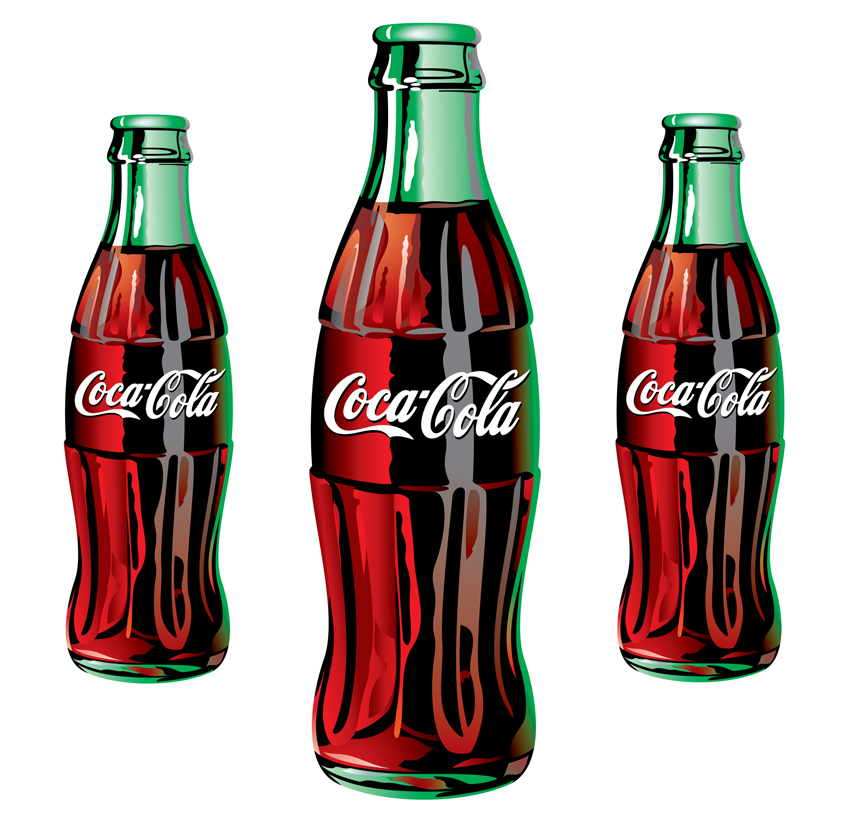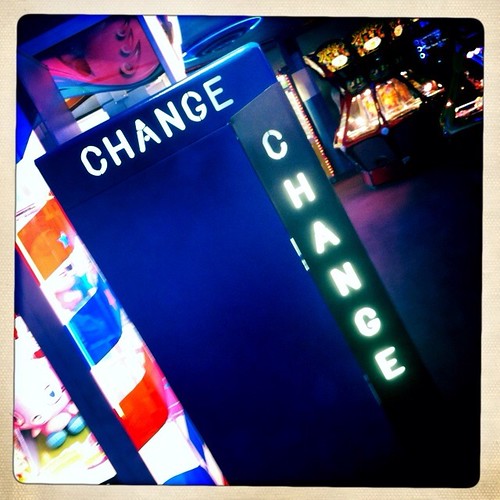 Dear reader, please bear with me for a moment as I take you on a flight of fantasy into the annals of my mind. Imagine for a moment that we are in the board room of Coca-cola looking at the strategy for the future. Around the table is a much smaller group of executives than a decade ago looking at their new advertising campaign.
Dear reader, please bear with me for a moment as I take you on a flight of fantasy into the annals of my mind. Imagine for a moment that we are in the board room of Coca-cola looking at the strategy for the future. Around the table is a much smaller group of executives than a decade ago looking at their new advertising campaign.
“Coke, it just doesn’t taste like it used to.”
I spend a large portion of my life trying to marry up the experiences I am having with those around me. Within “The Church” I predominantly hear negative voices decrying the end of “The Church”. I remember being asked 7 years ago if I “knew what I was getting myself into” offering for ordination in the Church of England in my early twenties. What with “these guys over here” or “those guys over there”. Then of course there is “the institution” and “the structures”. “Do you really know what you are getting yourself into”? Certainly this is the predominant narrative that everyone seems to be currently telling.
Within this domineering public narrative I guess I must be doing it wrong. I became a follower of the way as an adult 15 years ago. I was introduced to this guy who spent a few years in The Middle East walking from town to town declaring the coming Kingdom of God. He said that lives could be changed! There is something better than this! We don’t have to accept the way the world does things. We can be different. I was told that if you follow this guy, communities will spring up that transform the lives of the places in which they live. Communities that are gifts to the towns, estates, villages and cities in which they live, work and play.
I didn’t become an Anglican by accident. I wasn’t born into a family who worship with the Church of England. I didn’t even begin my Christian journey within it. I chose to join my local Anglican church after university because I passionately believe in the local church and The Church of England. We’re not a large gathered people but a people who are spread out far and wide in small pockets within every community in the land. A place with room to explore theology with a range of different people of differing viewpoints as we strive to discover more of the mysteries of God through wrestling with scripture, tradition and reason (and often one another).
Over a glass of wine in a mildly moist marquee the other night I was talking with a colleague. We were both rather passionately espousing about what we do, the people we do it with and the places where we do it. During the course of the conversation he turned to me placed his hand on his chest and said,
“I’m sorry, I’m a positive priest”.
With a sharp blow from with a 4 pound lump hammer he hammered the square stake into the round ventricle. We have spent so much time huddled together saying “Coke: It just doesn’t taste like it used to” that we’re asking why everyone is now drinking Pepsi. I implore you, dear reader to remember what we’re here for. Remember those words of the revolutionary guy you all inspired me to follow 15 years ago. Look for the Kingdom he is inviting us to declare in the communities in which we live. Go and be the good news in the communities in which you live.
It is amazing life that we lead as Christians. We follow an amazing guy and it is a great privilege to be invited into his mission.
It is time for a Positive Priest Movement.



